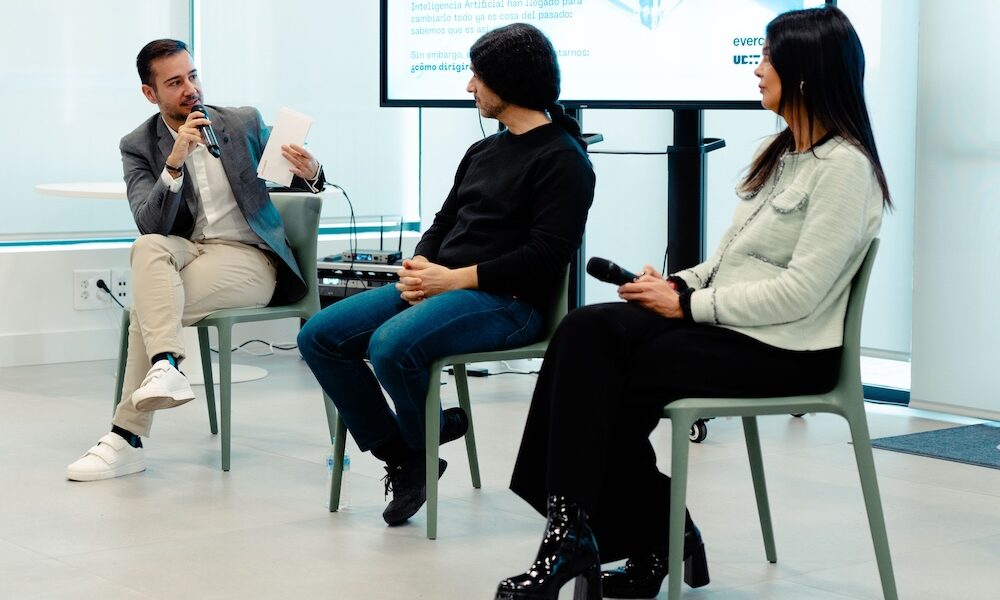If artificial intelligence has not yet entered your company, it is probably about to. And according to the second edition of the report FEEL IT: Horizonte IA, prepared by UDIT (University of Design, Innovation and Technology) and evercom, up to 90% of Spanish companies make use of different forms of AI, which allows them to increase the productivity of their workers and gain competitiveness.
Presented by Ander Serranohead of Innovation at evercom, the study also highlights other findings of interest, such as the fact that Artificial Intelligence is already part of the daily life of the majority of Spaniards: 29.1% declare they use it daily and 54.4% % occasionally. Even so, and in line with concerns expressed in other parts of the world, Spaniards also show certain reservations regarding widespread adoption: 66.3% of those surveyed demand stricter measures to protect personal data, and almost Half, 49.4%, consider it essential to mandatory identify content generated with AI. Furthermore, 47.9% emphasize the need to improve education and training on these toolsan indicator that knowledge about its applications is still limited.
Together with Ander Serrano, the expert in new technologies participated in the event to present the study Silvia Leal y David Alonsodirector of the Technology Area and the Master in Artificial Intelligence at UDIT. Both highlighted how Artificial Intelligence has become an essential tool for most organizations, and how its adoption in companies is already increasing productivity by up to 2.5 hours per employee. It is not surprising in this sense that of the 10% of Spanish companies that have not yet begun to experiment with AI, 60% declare in this study that they are willing to do so in the short term.
Furthermore, satisfaction with the use of these tools is overwhelming: 95% of companies positively value the results obtained, which has led to 76% of organizations to plan an increase in your investment in AI for the next year and only 5.2% plan to reduce it. The impact of this technology on the labor market is also interesting: 96% of companies anticipate a significant effect on their sectors in the coming years and 40.6% already have AI specialists in their templates. This percentage will grow, since and 51% of the companies plans to incorporate new specialized profiles in this technology in the immediate future, reflecting a growing demand for qualified talent.
In the debate that followed the presentation of «FEEL IT: Horizonte IA» Both Silvia Leal and David Alonso reflected on the role that regulation can play in slowing down Europe’s development in this field, the challenge that these models necessarily have to face to ensure their sustainability or the need to develop specialized profiles to provide response to the great demand for talent that this industry will require. Also about the necessary training that society will need to be able to understand the true value that these tools place in their hands.
“The key lies not only in mastering AI tools, but in training people with the criteria to interpret the advances that really generate value,” Alonso points out in this regard. “Educational environments that encourage critical thinking and specialization will be essential so that the professionals of the future not only adapt to technology, but also contribute to aligning it with the needs and challenges of an evolving society.”


/cdn.vox-cdn.com/uploads/chorus_asset/file/25319873/STK055_HBOMAX__D.jpg)








